SUMMARY
This is AI generated summarization, which may have errors. For context, always refer to the full article.
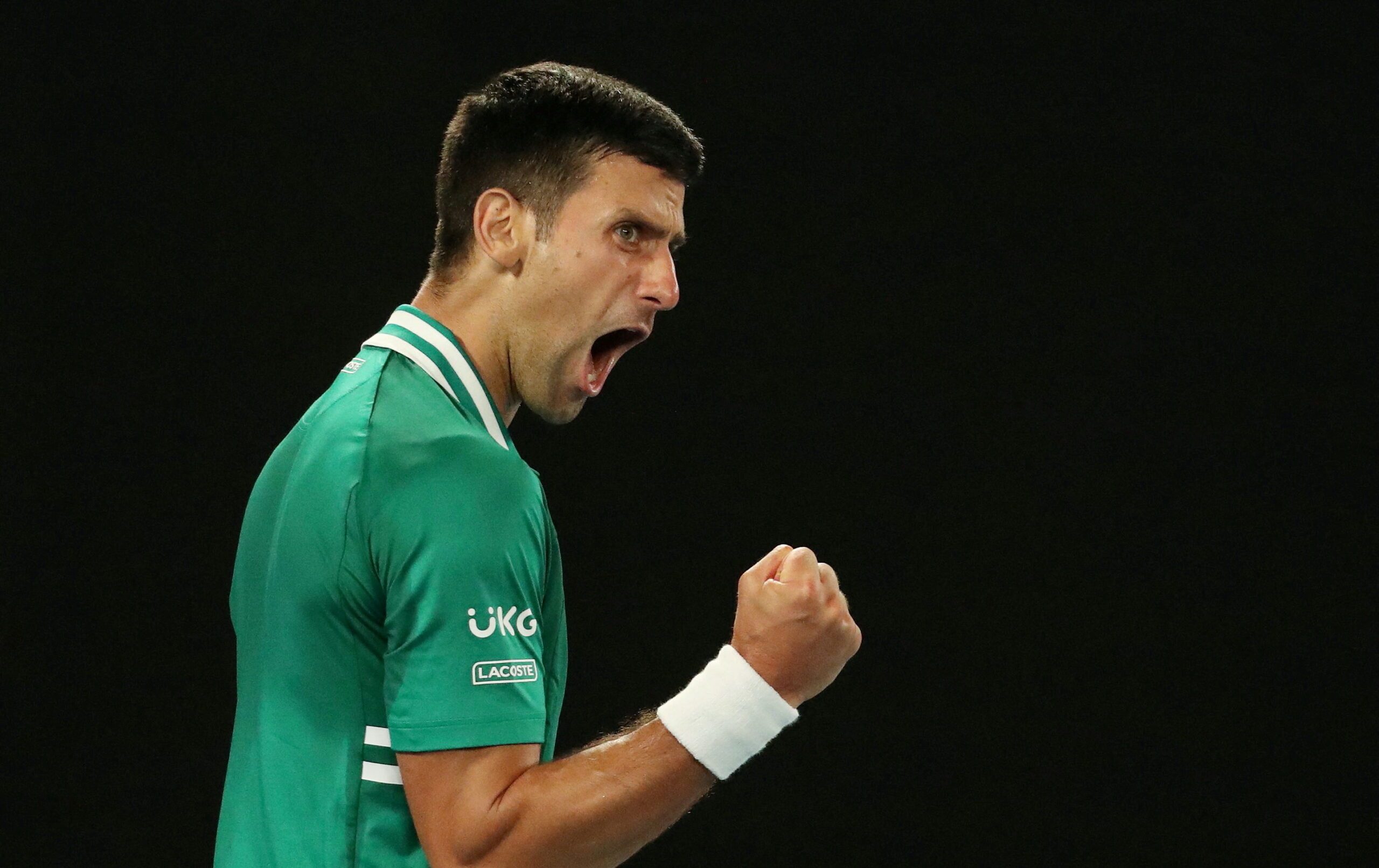
After a convoluted and shambolic visa approval process, followed by questions about his movements over the past month and the information provided to Australian border officials, Immigration Minister Alex Hawke has canceled Novak Djokovic’s visa.
The decision is a major blow to Djokovic, who is tied with Roger Federer and Rafael Nadal at 20 Grand Slam singles titles, the most ever by a male player. After his lawyers failed attempt to challenge the latest visa cancellation, Djokovic can no longer chase history at his most successful Grand Slam tournament.
The decision is also a blow to the Australian Open. With Federer out with injury, Djokovic and Nadal were the prime draw cards in this year’s men’s tournament. With the top-ranked Serbian player and nine-time Australian Open champion deported, some have feared serious repercussions for the longevity of the event.
Critics have gone so far as to theorize global tennis powerbrokers might look elsewhere to host the “Grand Slam of the Asia-Pacific,” so as
[…] to be confident the tournament can proceed smoothly with strong levels of public and government support.
In that sense, the conservative MP and former professional tennis player John Alexander had urged allowing Djokovic to stay in the country, arguing:
Retaining the Australian Open as a Grand Slam event […] is in our national interest.
While the Australian Open’s reputation certainly has taken a hit, its status as one of the four Grand Slam tournaments has plenty of support. The longer-term damage might be to Djokovic’s legacy.
Given the extraordinary backstory to his medical exemption from COVID vaccination to enter Australia – along with the many questions that have arisen about his COVID infection in December – public opinion about him has swayed back and forth on a daily basis.
Courtside drama
Djokovic has long been a polarizing figure in tennis. Despite his athleticism, endurance and mental toughness, he has sometimes been accused of gamesmanship, “exaggerating” injuries to allow for medical pauses when an opponent has the momentum.
Like other players, Djokovic has also exhibited unruly behavior on court, with occasional racket smashes, as well as disqualification from the 2020 US Open after recklessly – albeit accidentally – smashing a ball into a line judge.
Compared with the much-loved Federer and Nadal, Djokovic has a narrower fan base. At the Australian Open, he’s always had the effervescent support of Melbourne’s large Serbian diaspora, with their patriotic singing and flag-waving. But the mood of the rest of the crowd this year would likely have been mixed, with some undoubtedly voicing their hostility.
Indeed, local tennis fans would have good reason to chafe at Djokovic’s medical exemption from immunization given the stringent COVID protocols they must follow to attend the Australian Open.
The tournament requires fans to be double-vaccinated or provide evidence of a medical exemption. However, unlike Djokovic’s peculiar defense, prior COVID status does not absolve local residents from the need to be double-vaccinated, with “previous infection” no basis for an exemption.
Grand Slammed?
Further complicating Djokovic’s legacy is the question of whether he’ll now face visa difficulties at the other tennis majors. The rapid spread of the Omicron variant may alter the rules for unvaccinated players in different countries and tournaments.
French President Emmanuel Macron has made headlines by declaring he wants to “piss off” the unvaccinated – in part by mandating a “health pass” for public venues, a requirement for which is to be vaccinated. Whether Macron insists on changes for competitors at Roland-Garros remains to be seen.
As far as Wimbledon is concerned, unvaccinated international arrivals to the United Kingdom are currently required to take repeat COVID tests over several days, plus quarantine for 10 days at a residence of their choice.
Djokovic would, presumably, look to a rent a house with a lawn tennis court attached.
The US Open seems less certain. The unvaccinated are not permitted in specific indoor venues in New York without a medical exemption.
So, if one of Djokovic’s matches on the showcourts at the US Open was affected by rain and the roof needed to be closed, it is not clear what organizers would do. He might be forced to forfeit the match.
The Djokovic legacy
Given Djokovic has been less prone to injury than Federer or Nadal and is coming off one of his best years on tour, he is still likely to retire with the most men’s Grand Slam titles. If so, he can rightfully be feted as the greatest male tennis star of all time.
But how he will be remembered is a more complicated question. In one sense, Djokovic appears to revel in being depicted as the “arch-nemesis” of Federer and Nadal – it has fueled his desire to surpass their Grand Slam title hauls.
Yet, for all his tennis greatness, Djokovic often attracts eye-rolling outside the court – not simply in relation to his views on vaccines, but the wider pseudo-scientific ruminations that underpin his public pronouncements.
As the Australian tennis player Nick Kyrgios has put it, Djokovic seems “a very strange cat.”
The drama from the past week will have an effect on the way others view him, too. It will inflame his supporters, infuriate his detractors, and prompt even neutral observers to take a stand in respect to his entry to Australia. When it comes to Novak Djokovic, everyone will now surely have an opinion. – The Conversation/Rappler.com
Daryl Adair is an associate professor of sport management in the University of Technology Sydney
This article is republished from The Conversation under a Creative Commons license. Read the original article.
Add a comment
How does this make you feel?
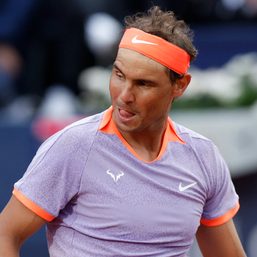
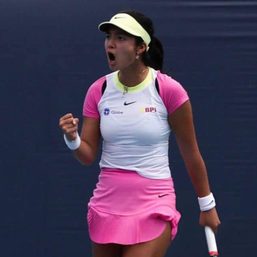
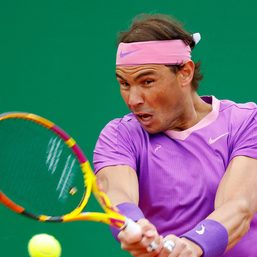
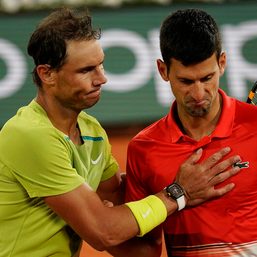
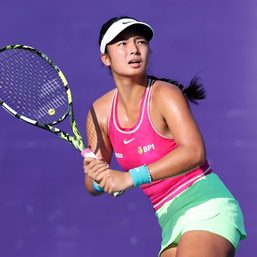
There are no comments yet. Add your comment to start the conversation.